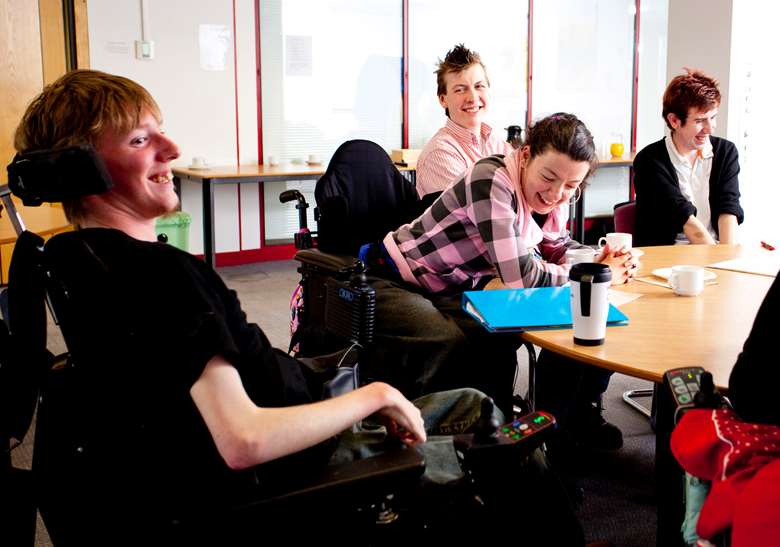UN criticises treatment of disabled children in the UK
Joe Lepper
Friday, September 1, 2017
A United Nations committee has strongly criticised the treatment of children with disabilities in the UK and called on the government to take action to provide better support.

Among concerns raised by the UN Committee on the Rights of Persons with Disabilities is the use of restraint on disabled young people in the youth justice system and an increase in incidents of bullying, hate speech and hate crimes against children with disabilities.
The committee said it is also concerned at a lack of government policy to address poverty among families with disabled children.
Other concerns include ineffective monitoring of bullying against disabled children in school and a lack of a legal duty to ensure there is adequate childcare for children with disabilities
Its report on the UK's compliance with the UN Convention on the Rights of Persons with Disabilities, which was ratified by the UK in June 2009, is particularly concerned that children with hearing disabilities are missing out on support.
It has called for more funding to help parents, classmates and teachers of deaf children learn sign language.
The committee also wants to see greater inclusion within education for disabled children, expressing concern at the rising number of children with disabilities being educated outside of mainstream schools.
"The education system is not geared to respond to the requirements for high-quality inclusive education," states the report.
Carolyne Willow, director of children's rights group Article 39, is calling on the government to swiftly address concerns raised in the report.
"The UN body on disability rights has issued a devastating critique of the myriad of ways in which disabled children and young people are held back, excluded and punished," she said.
"We know, for example, that children who have learning disabilities and difficulties disproportionately end up in prison where physical restraint and segregation are typically the automatic response for dealing with their profound distress and anxiety.
"With the UK due to submit a report within 12 months on the steps it has taken to implement the UN body's recommendations, the government must act quickly to remedy these grave human rights violations."




